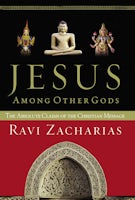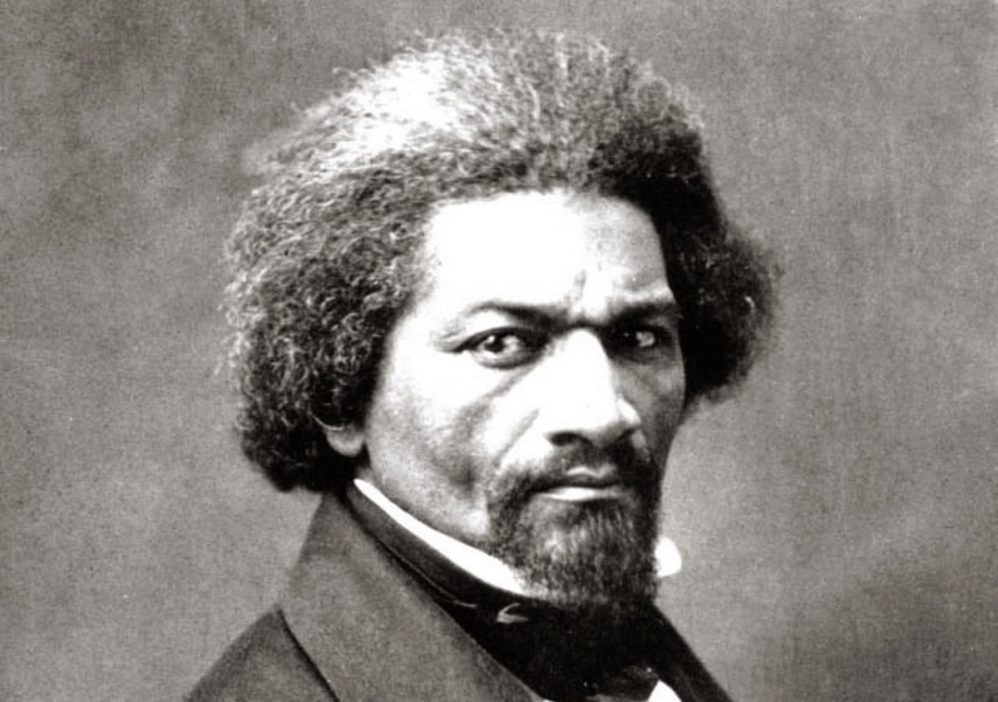We are already in week 2 of 2024! Time continues whooshing and dripping by like the wind and rain wrestling outside of my window…
At the conclusion of 2023, I was able to complete 15 books. Now, I realize for many here, that is simply child’s play! However, I was proud of this accomplishment. My goal for the year was to complete 20 titles, so I was a little short, but still on the upswing from the couple of years prior [12 titles for ’21 and 10 titles for ’22].
The best part of this past year was 14 out of the 15 would be considered recommended/highly recommended titles, so that was great; not a lot of width, but much depth in 2023!
I tend to read several books at a time in 4 primary categories, those categories being:
- Christian
- Christian Living
- Theology
- Discipleship
- Any non-fiction work on Christianity
- 6 Titles completed in this category for 2023
- History
- Any non-fiction historical work, including biographies and autobiographies
- 3 Titles completed in this category for 2023
- Non-Fiction
- Various genes outside of categories 1 & 2
- 4 Titles completed in this category for 2023
- Fiction
- 2 Titles completed in this category for 2023
Here’s a closer look per category:
Christianity |
- Disciplines of a Godly Man by R. Kent Hughes
- Good read. Title self explains what the book is about, so for Christian men, I would say it’s worth the read.
- No Greater Love by A.W. Tozer
- This was not written by Tozer, but was edited from some of his sermons based on God’s love from the Book of John. Great read!
- The Unseen Realm by Michael Heiser
- Pulls back the curtain on some of the Spiritual Realm that lies behind the Bible – and reality.
- Desiring the Kingdom: Worship, Worldview, and Cultural Formation by James K.A. Smith
- First book in a three-part series on Cultural Liturgies. Fairly academic, but a great book that really helps to break down what’s the main purpose of humanity and what we really shape our lives around.
- Letters to Malcolm by C.S. Lewis
- This book is primarily a book on prayer. Highly recommend! Lewis is one of two authors I read every year – I’ll share the other author soon!
- The Truth Reformation 2.0 by Luke Abaffy
- Good book. Does a good job explaining the Pronomian stance in Christian doctrine. This terminology is fairly new – and still debated – and this book does a good job defending this position.
The two books I will give the highest recommendation from this section:
- The Unseen Realm by Michael Heiser
- I would say this is a must read for all believers! The reason being: It does a phenomenal job challenging many normal doctrinal positions we read the Bible through. Thus, I see this as a must read. It’s not about coming into agreement, but it’s just such an insightful book to challenge our thinking and perspectives. He also made a more “watered down” version of this book if you prefer: Supernatural.
- The Truth Reformation 2.0 by Luke Abaffy
- There were pieces of this book that I found somewhat…annoying, but it was more like sand in the shoe for the style of writing and not the content. The reason I put this book here is because the pro-Torah – or Pronomian – “movement” in Christianity is growing and I see this as a highly valuable book to help understand the doctrinal position better than so many things you find online. Enjoy!
~
History |
- The Future of the American Negro by Booker T. Washington
- This was a good title all in all. It was fairly redundant at times, which was intentional for the purposes he was trying to relay, but it got a bit stale at times. Some of the statistics, which are still similar and reflect statistics today was very interesting. Overall, it was a solid book and I could certainly see its importance, today and especially then. As a side note, his book Up From Slavery is one of my favorites and I highly recommend it.
- Black & Tan by Douglas Wilson
- This is a bit of a cheat to be in this category. It’s really a Christian doctrinal book, but it addresses the Civil War in such a refreshingly abrasive way, I put it in this category.
- The Civil War: Secession to Fort Henry (1) by Shelby Foote
- This series was originally released as a three part series. I have the special edition version which breaks each of the parts into four smaller books. I have the smaller book set for the first two volumes. The third volume is the larger edition. I read the first of the eight smaller books. Abundant and thorough in its details and well written.
The book I would give the highest recommendation from this section:
- Black & Tan by Douglas Wilson
- I do realize it is primarily a Christian doctrine book, which could turn away a lot of history readers, however, I would considerate it worth it anyway. He navigates through so much of the oversimplification of the causes of the Civil War in a brilliant way. This was certainly an abrasive book when it came out (c. 2005) and still would be considered to be, but it’s a great book to challenge presuppositions and get you thinking about the topic in a fresh way.
~
Non-Fiction |
- How Money Works: Stop Being a SUCKER by Tom Mathews & Steve Siebold
- Fantastic little book on finance! I am not a quick reader and I was able to read this in one day. Certainly worth your time and they go over some of the most basic aspects of financial success. Good for a review and to learn some new things.
- You are a Badass at Making Money* by Jen Sincero
- Not a big fan of this title. The asteric indicates that I did not finish this book, but I did get a good way through it. It does have some good tips in terms of making money and she does tell some good stories. Overall however, I felt it went too much into the Law of Attraction type of mentality and was kind of redundant. Thus, I stopped reading it early.
- Economic Facts and Fallacies by Thomas Sowell
- And…we have finally made it to the second author that I have on my list for at least one book a year along with C.S. Lewis! This was another great book from Sowell. It breaks down many of the common things we take for granted, or assume we know and understand, from the economic sector, e.g., gender pay gap, income for college graduates verses non-graduates, ethnic (read race) pay gap, etc.
- The Naked Communist by W. Cleon Skousen
- If you want a good volume to read as in introduction to Communism/Socialism along with how they have made such tremendous strides in taking over the United States of America…this is the book! Informative and very eye-opening along with going a long way to explain many of the things we have seen in the political parties and the universities in America.
The two books I will give the highest recommendation from this section:
- How Money Works: Stop Being a SUCKER by Tom Mathews & Steve Siebold
- Just a great and easy read for things in the financial realm we just take another look at.
- Economic Facts and Fallacies by Thomas Sowell
- Similar to The Unseen Realm in Category 1, Sowell is just so skilled at taking many of the presuppositions we have and throwing them directly in the trashcan simply by asking questions! He is another author that just needs to be mandatory reading, because again, even if at the end you do not agree with him, he asks such good questions that he makes you think at a different level.
- 2 (a) — I would also highly recommend The Naked Communist, but more on this shortly.
~
Non-Fiction |
- A Study in Scarlet by Sir Arthur Conan Doyle
- First book in the Sherlock series.
- The Sign of the Four by Sir Arthur Conan Doyle
- I have been a fan of the Sherlock series for a long time. This year I decided to start the series over again.
The book I would give the highest recommendation from this section:
- Yes
- Both
- Do it! lol
- Since these are the first two books of the series, just start back at the beginning with A Study in Scarlet.
~~
As we wrap-up this recap, I do wish to express a quick plea, especially for my American fellows:
We are at the beginning of another election year. I’m sure you may be feeling like I have and just kind of fed up with it all. However, I do want you to encourage you to look at a few books before it’s time to go to the election booth (assuming our government permits us to do so this time around). Please take some time to go through The Naked Communist and possibly even Black & Tan along with a third title I read a few years ago, Slaying Leviathan by Glenn Sunshine.
This is not about political parties, regimes, wings, slogans, or lines. I plead for you to go through these before the election hits simply so you can see what I saw – see how far we truly have fallen from where we were supposed to be! If we do not take the time to step back, look at the bigger picture, understand the source of the divisiveness and definitions better, and more thoroughly assess what is really going to get us to start going back in the right direction again, we my truly be at the twilight…followed quickly by the permanent sleep…of our country. We truly may not last to the next election cycle…
All things are in His hands – praise God for that! Yet, we can do better to not overthrow ourselves…
~~~
That is going to conclude 2023’s Reading Recap. Please let me know if you have read any of these titles and what you thought about them. Thank you for spending your time here today and if you would like to see/listen to this recap with a few different details and a few quotes, please go here.
















:max_bytes(150000):strip_icc()/GettyImages-844167020-c0707f50f12c4c19bdf1c47b469e2934.jpg)
